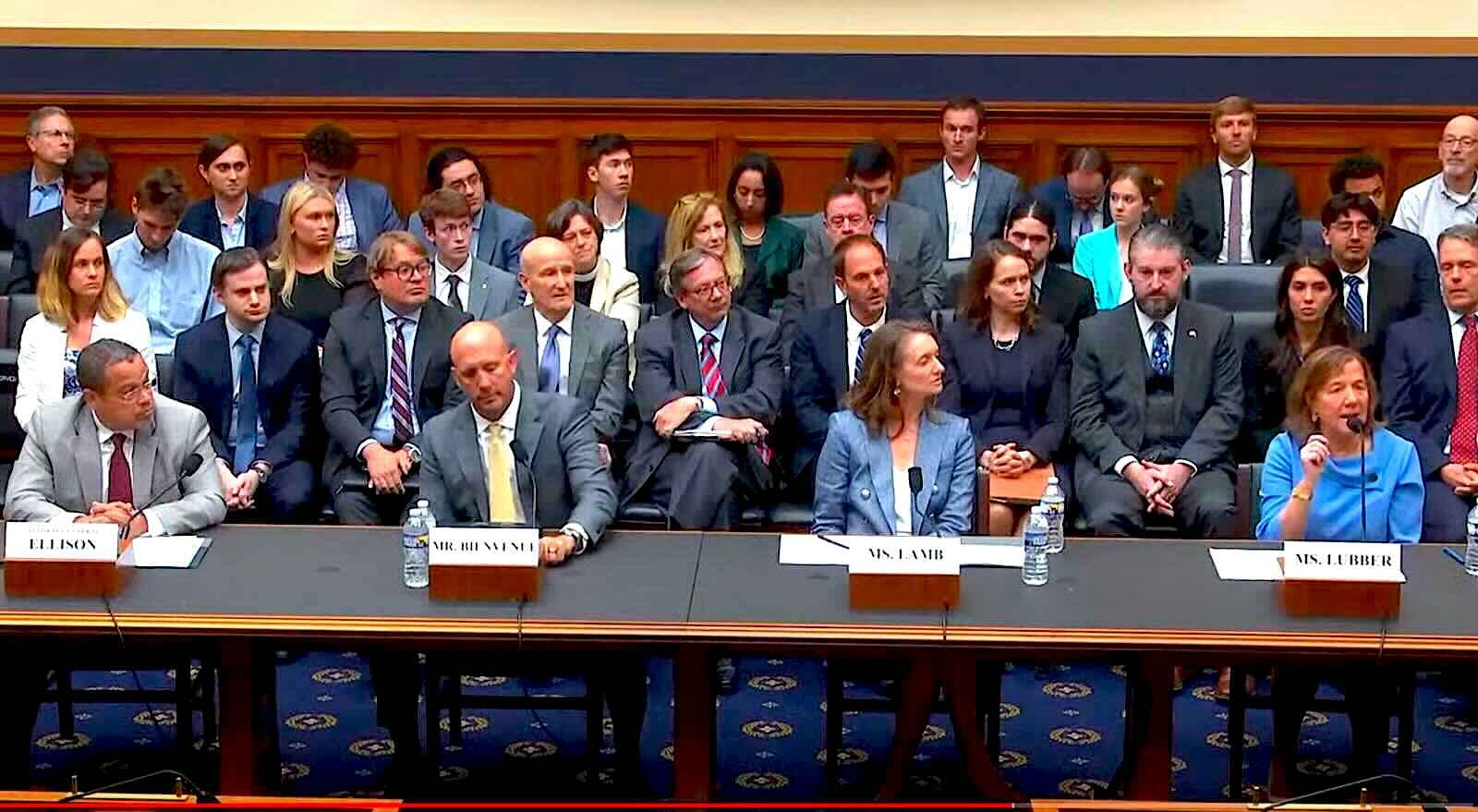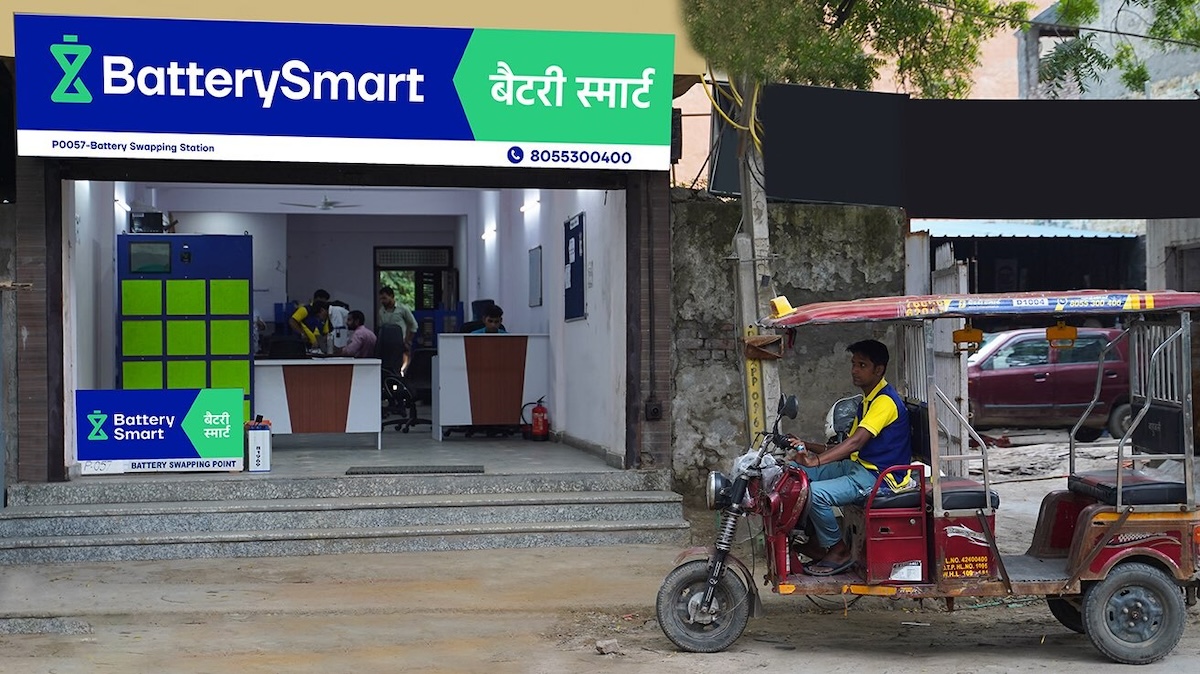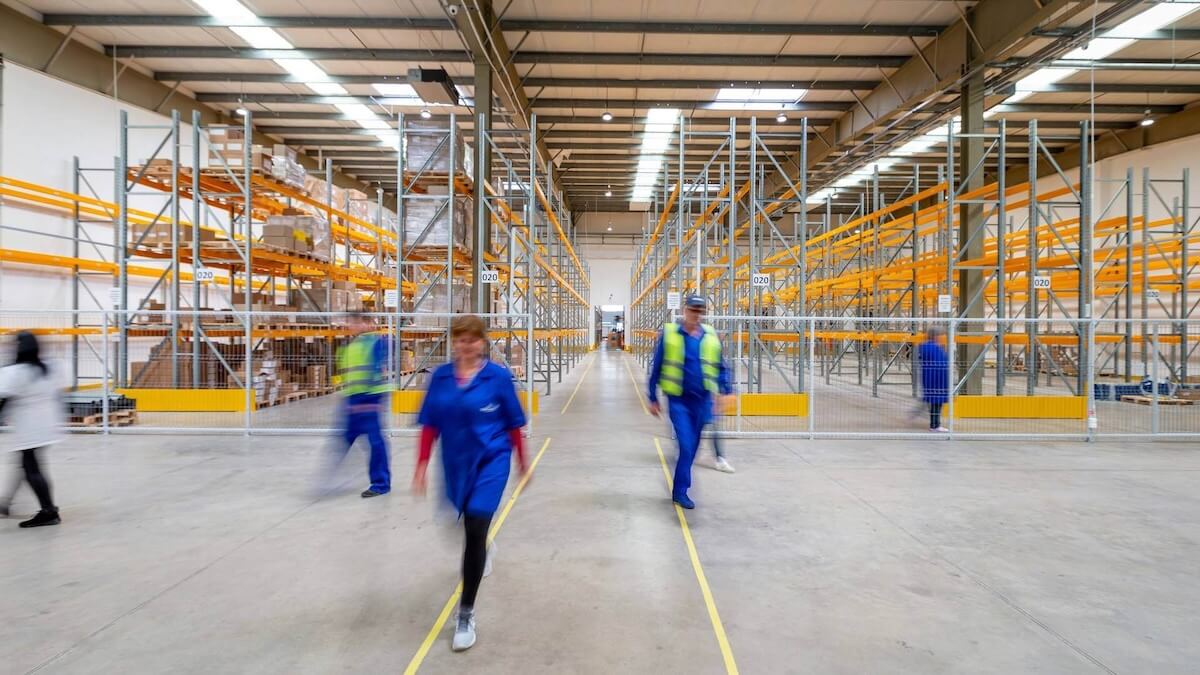TGIF, Agents of Impact!
- Going low for higher performance
- Inclusive business guide
- Battery recycling ramps up
🗣 Epic opportunity. Bottom-up is being turned upside-down. The base of the pyramid is becoming the point of the spear. And the international working class shall be… well, let’s not get carried away. But rising incomes and falling costs are starting to bend the curve of finance. And while we’ve been conditioned to think that curve is down, as in “downmarket,” “low-income” and even “base of the pyramid,” what’s instead looking up are entrepreneurial households with tenacity, resilience, aspiration and ambition, within industrious communities, all over the world. “EPIC is the economic power of industrious communities,” Elevar’s Amie Patel said on this week’s Agents of Impact Call (see below). “And they are the largest segment across the globe.” As a guide to the Call, ImpactAlpha’s Jessica Pothering laid out the immense investment opportunity in high-quality, low-cost goods and services that enhance the lives and livelihoods of such entrepreneurial households.
Another topsy-turvy disruption is happening in private equity, where the debate will soon shift to how much, rather than whether, to share equity ownership with the broad ranks of employees. Blackstone became the latest private-equity giant (hat tip: KKR’s Pete Stavros) to implement broad employee ownership across its future buyouts, as ImpactAlpha’s Roody Senatus explained this week. The rising value of talent and labor is evident as well in shareholder proposals to pay retail workers a living wage to secure themselves and their families. That boosts the whole economy, and by extension, shareholders’ portfolios, even if it costs Walmart, Kroger and Target a few dollars per hour, The Shareholder Commons’ Sara Murphy argued in a guest post.
Upward trajectory was the tone of MacArthur Foundation’s John Palfrey’s Q&A with ImpactAlpha’s Dennis Price. The more inclusive form of capitalism, Palfrey said “is going to be successful, and it’s going to bring a lot of people along, and it’s going to be something that leads more people to thrive.” And in a guest post, Common Future’s Sandhya Nakhasi said the constellation of ready solutions and appetite for change had widened the “Overton window” for impact solutions. “We got into this because we saw what was coming and decided to build the infrastructure to move the financial sector,” Nakhasi said, challenging other Agents of Impact. “The world is ready for us now.”
The most surprising inversion of all might be the new narrative of fair gainsharing of the fruits of our abundant collective productivity. To be sure, that’s a positive spin in a troubled world. But disruptive innovation can topple the old order after decades of underestimation, as the case studies show. Cheaper, better, faster are giving low-margin, high-volume business models the growth velocity that has been long predicted. Worker power persists despite AI doom. Entrepreneurial households and industrious communities, meet ownership and abundance. To quote myself – why not? – from this week’s podcast, “I do think that it’s dawning on folks that there’s a better way forward, and some folks are trying to seize it.” – David Bank
Also on ImpactAlpha this week:
- How a new crop of impact investing products “aim to shift portfolio allocations in bonds, private credit and cash.”
- Look to the Trust Indenture Act of 1939 for guidance on standards to boost investor confidence in a fairer, greener financial infrastructure, by City First Enterprises’ Oswaldo Acosta, a board member of the Coalition for Green Capital.
The Week’s Podcast
🎧 This Week in Impact. Host Brian Walsh takes up ImpactAlpha’s top stories with editor David Bank. Up this week: a new crop of impact products aim to shift portfolio allocations in bonds, private credit and cash; the billions of “entrepreneurial households in industrious communities” and trillions in investment opportunities; and worker empowerment and ownership as a value-creation strategy.
- Listen to the new episode of This Week in Impact. Get the podcast in your feed by subscribing on Apple or Spotify.
The Week’s Call
Laying bets on entrepreneurial households in industrious communities. Among the misperceptions that have kept capital from flowing to broad sectors of emerging markets: Risks are too high. Customers are too poor. Businesses are too small. There aren’t enough investable deals. Underwriting is too expensive. Such myths are being busted with the availability of more robust market, business and customer information, Martina Castro of British International Investment said on this week’s Agents of Impact Call. “There are a wealth of well-established, mature companies out there that require larger ticket sizes and that are having equally important impact for their populations.”
- Beyond tradeoffs. The “Inclusive Business Investing Guide,” launched ahead of this week’s Call, aims to debunk myths about investing in low- and middle-income emerging market households and provide practical guidance to investors looking to deepen their social inclusion lens. The research process was transformative to BII’s own investment strategy reevaluation a few years ago. The development finance institution found that even without intentional targets, its portfolio included a number of businesses serving lower- and middle-income households. “We [realized] we can have that type of impact without compromising our risk and return hurdle,” said Castro.
- Commercial scale. In India, Varthana provides loans to low-cost private schools to build infrastructure and increase capacity to improve the quality of education for underserved students. In Brazil, Águas de Manaus is a private water and sanitation provider serving residents in a remote part of the Brazilian Amazon. In Africa, Sun King delivers pay-as-you-go solar products and appliances to off-grid rural and low-income households. All have raised tens if not hundreds of millions of dollars in private investment capital from impact investors, development finance institutions and commercial investors alike. “The market is maturing,” said Citi Social Finance’s Borja Garcia Fernandez. “There is a lot of work to be done with more generic investors that are [just] starting their sustainability journeys.”
- What’s in a name? “You cannot see people only as they spend today,” advised Wagner Albuquerque de Almeida of the International Finance Corp. And don’t call such customers “poor people” or “low income,” argued Amie Patel of Elevar Equity. They may be lower in economic status, but are the largest segment across the globe. Elevar and its sister company Enmasse prefer “entrepreneurial households” that live and work within “industrious communities.” “Let’s reframe this with more positive, more opportunistic, long-term thinking and see this segment of the market as the future,” Patel said. “If we can all start to believe and understand that EPIC is a huge opportunity set, that’s when we can start getting the paradigms to shift.”
- Read the full recap and watch the video.
The Week’s Deal Spotlight
Battery recyclers are raising and ramping for retired EVs. A global scramble is on to secure critical minerals like lithium, cobalt, graphite and nickel that EV batteries rely on. For countries not endowed with such reserves, recycling is part of a more secure and sustainable supply chain. EV batteries won’t be ready to recycle en masse until the mid-2030s when the first wave of EVs are retired. Today, most recyclers are processing readily available industrial scrap (as well as some recalled Chevy Bolt batteries). But the expected influx of batteries, together with US incentives that favor locally-sourced materials, have prodded US companies to play catch-up with China, which dominates EV supply chains. “Building out that robust supply chain and making sure that we’re being strategic ahead of time about where we invest is going to be critical,” Straubel of Redwood Materials told Jigar Shah at the DOE’s Deploy conference last fall.
- Battery pacts. Redwood Materials (pictured above), founded by Tesla co-founder JB Straubel, raised a cool $1 billion last fall from Goldman Sachs, Capricorn and others, on top of a $2 billion Department of Energy loan. Last week, New Jersey-based Princeton NuEnergy secured $10 million to bring its Series A round to $26 million for its low-temperature, plasma-assisted separation process that it says reduces carbon emissions, waste and costs. Pineville, NC-based Li Industries raised $36 million in a Series B round. In February, Ascend Elements raised $162 million, just five months after a $542 million infusion from Decarbonization Partners, Temasek and Qatar Investment Authority.
- Lessons in chemistry. Extracting metals from a battery’s cathode can be done by melting batteries, bathing them in acid, or dismantling them and picking out the useful parts. Battery recycling startups are adapting as the chemistry of batteries changes. Li Industries, for example, is building a recycling facility capable of processing 10,000 tons of lithium-ion phosphate batteries, which use lower amounts of rare cobalt or eliminate it altogether.
- Go with the dealflow. Share this post and check out the full roundup of ImpactAlpha’s deal reporting this week.
The Week’s Talent and Jobs
💼 See and share more than a dozen new impact jobs posted this week on ImpactAlpha’s Career Hub and view hundreds of more jobs in impact investing and sustainable finance. Have a job listing to post? Submit it here.
Elizabeth McGeveran was promoted to a newly created vice president of investments role at McKnight Foundation, among other people moves at the Minneapolis-based foundation… The Impact Seat Foundation appointed Velveteen Ventures’ Betsy Fore, Jonah Seiger of Broadscale Group, and Women in Cloud’s Chaitra Vedullapalli to its board of directors… The International Conservation Fund of Canada appointed Barnabe Geis, previously a senior director at Foresight Canada, as CEO.
Kieron Boyle will step down as the Impact Investing Institute’s chief executive in October later this year to become 100x Impact Accelerator’s CEO and director. The Institute’s current executive directors Bella Landymore and Sarah Teacher will replace Boyle as co-CEOs… Pacific Community Ventures named Aisha Benson of Nonprofit Finance Fund, Brian Vo of Connect Humanity, and Leslie Lindo of Candide Group to its board of directors.
Jeanne McLaughlin, previously with InvestX Capital, joined Ownership Works as senior director of movement building… Candide Group’s Morgan Simon joined the board and investment committee of the Oakland Museum of California…Impact Engine’s Priya Parrish publishes, “The Little Book of Impact Investing” (listen to the podcast, “Scaling purpose built impact with Priya Parrish”).
That’s a wrap. Have a wonderful weekend.
– May 24, 2024











